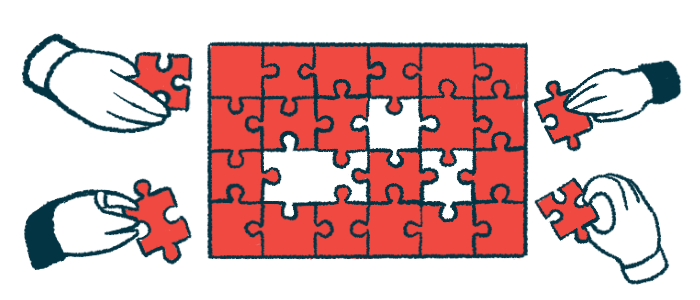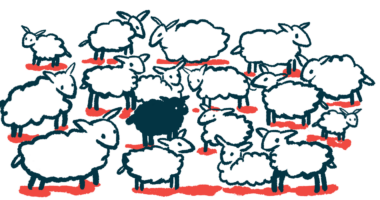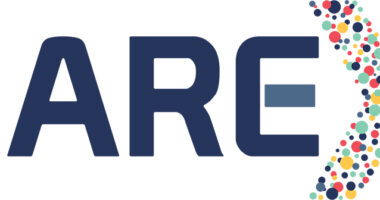Global Genes, Rare Disease Diversity Coalition Advancing Health Equity
Know Your Family History campaign to focus on improving access

The rare disease patient advocacy organization Global Genes, along with the Rare Disease Diversity Coalition (RDDC), has launched the next phase of its partnership to advance health equity for people with rare conditions, such as cold agglutinin disease (CAD).
The initiative Know Your Family History is focusing on the importance of knowing and discussing family health history, which can lead to more accurate and timely diagnoses and support access to clinical trials and treatments for underserved and marginalized people with rare diseases.
“Those diagnosed with a rare disease often face an uphill battle as it is,” Craig Martin, Global Genes’ CEO, said in a press release. “Factor in the historic inequities and extra hurdles faced by marginalized communities and it becomes near impossible. It’s our goal to provide as many resources as possible to ensure productive conversations with loved ones and caregivers.”
Early diagnoses and access to clinical trials and specialized treatment can sometimes be thwarted by cultural barriers that prevent sharing vital family medical history, along with its identification and documentation.
Diagnosing a rare disease can take from five to seven years across all populations, but people of color and those from other underserved communities often face challenges that can delay diagnosis even further, leading to inequitable health outcomes.
“Healthcare has historically underserved and underprovided for marginalized and minoritized communities. This initiative offers solutions that can fill gaps in the personal medical histories of those living with or affected by rare diseases, ”Deanna Darlington, RDDC’s interim executive director and president of Links2Equity, a patient advocacy consulting firm, said. “Our initiative expedites the diagnostic odyssey, educates and arms the individual with information needed moving forward in their care and treatment.”
Know Your Family History will provide a single resource in English and Spanish that can be a guide for family member conversations. Topics include genetic testing and counseling, videos, and patient and caregiver testimonials from those who’ve benefited from these services. Access to Global Genes’ RARE Concierge Patient Services for personalized responses and messages from experts is also provided.
Experts include Garfield Clunie, MD, director of maternal-fetal medicine, obstetrics and gynecology at New York’s Brooklyn Hospital Center; Riccardo Correa, MD, associate professor of medicine at the University of Arizona; and Barbara Harrison, a certified genetic counselor at Howard University College of Medicine, in Washington, D.C.
Sarita Edwards, CEO and president of the rare disease parent and patient advocacy organization, E.WE Foundation, is also involved, as is Maria DeCavi, a rare disease parent and director of family support and social services at the Akari Foundation, which aids the Hispanic immigrant community.







